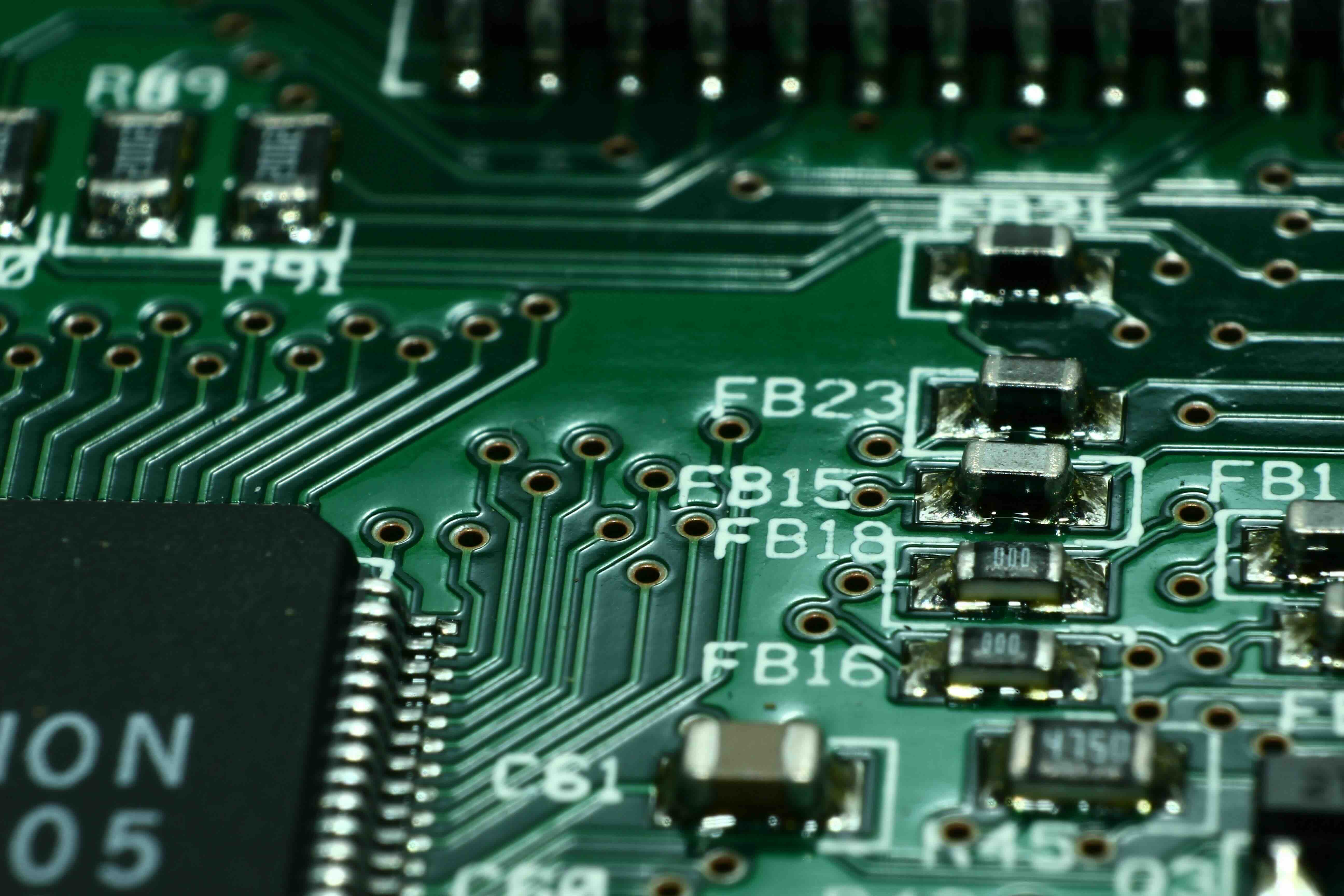Have a story idea
Have a story idea? Send it to us here.

Source : Pexels
April 18, 2024
Author : Patty Allen
Last week, the Taiwan Semiconductor Manufacturing Co. (TSMC), the world's largest chipmaker, signed a deal with the US Department of Commerce.
From 2028 onward, TSMC will start producing its most advanced AI chips in Phoenix, Arizona. This is a big feather in the cap for the Biden-Harris administration, which has been working proactively to bring semiconductor production to American soil.
As the company nears completion of its first fabrication plant (fab) and continues construction of its second fab at its Arizona subsidiary, the third fab brings TSMC's total capital expenditure to more than US$65 billion, making the site the largest foreign direct investment in Arizona history and the largest foreign direct investment in a greenfield project in the United States.
TSMC Arizona's three fabs will create approximately 6,000 direct high-tech, high-wage jobs.
This allows leading US companies to gain access to domestically manufactured, cutting-edge semiconductor products and a world-class foundry. According to the Greater Phoenix Economic Council, additional investment in three fabs will result in over 20,000 unique construction jobs and tens of thousands of indirect supplier and consumer jobs.
TSMC will be manufacturing 2-nanometre chips in this fab, and the third fab will be complete construction by 2030, while the first fab was inaugurated under the Trump administration in 2020, and it will begin production next year.
During a time of growing competition with China and geopolitical uncertainty, US policymakers are seeking to maintain 20% of global hi-tech chip production inside the US.
TSMC and the US Commerce Department announced that the federal government will contribute $6.6 billion in grants and up to $5 billion in loans.
The subsidies are part of the Chips Act, which was passed in 2022 to stimulate US chipmaking. Last month, the Biden administration announced a deal worth $8.5 billion in grants and up to $11 billion in loans for Silicon Valley's Intel, which has promised $100 billion in new investment.
TSMC's commitment helps the White House achieve its aim of bringing 20% of the world's advanced semiconductor manufacturing onshore by 2030.
Growing fears of a Chinese invasion of Taiwan, where 90% of cutting-edge chips are now manufactured, have spurred the US to increase efforts to enhance domestic semiconductor production.
TSMC had originally planned to use outdated manufacturing technology in its US fabs rather than the most advanced mass production in Taiwan.
By 2026, most AI chips will be 3nm, limiting the production capability of TSMC's first Arizona plant.
By the time TSMC's second Arizona fab opens in 2028, Nvidia and other AI chip vendors will have shifted to 2nm. As a result, a company executive stated that TSMC's original plan to run the factory on 3nm "didn't make sense."
The US expects that the TSMC contract will allow some of the most advanced AI chips to be partially manufactured in the United States by the end of the decade, decreasing reliance on Asian production.
TSMC intends to apply for US Treasury Department Investment Tax Credits of up to 25% of qualifying capital expenditures at TSMC Arizona. The company remains committed to its long-term financial targets of 15-20% revenue compound annual growth rate (CAGR) in USD terms, 53% or higher gross margin, and 25% or higher return on equity (ROE).
The company follows green manufacturing standards, and the Arizona facility will serve to achieve a 90% water recycling rate.
"TSMC is expanding its manufacturing capabilities in Arizona such that for the first time ever we will be making, at scale, the most advanced semiconductor chips on the planet here in the United States of America," said US commerce secretary Gina Raimondo.
"Our US operations allow us to better support our US customers, which include several of the world's leading technology companies," said Mark Liu, chair of the leading contract chipmaker.
TSMC is not the only chip manufacturer at work. Samsung received $6.4 billion from the Biden administration to build a new semiconductor plant in Taylor, Texas. The company itself will invest $40 billion. This plant will contribute to 17,000 construction jobs, but the plant will only be functional by the end of this decade.
Category : Efficiency-Improving Technology Federal Government International Market Watch Public-Private Partnership Tech
